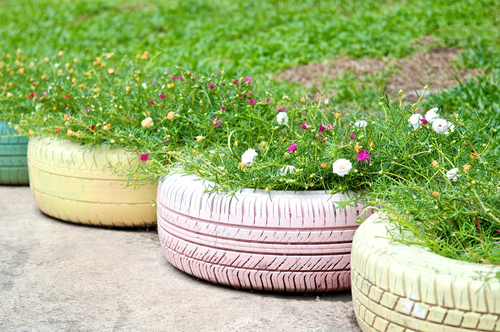If you have recently purchased a new home, congratulations are in order for being a new home owner. Homeownership can be one of the most exciting times in a person’s life, as well as one of the most stressful, especially when it comes to your bank account. The truth is, as exciting as it is, owning a home doesn’t come cheap. You are responsible for maintenance, repairs, taxes, insurance, and monthly living expenses like your utilities. With so much resting on your shoulders, finding money to put into your savings account can often feel like an impossible task.
Thankfully, we’re here to lighten that load by sharing some amazing tips that are guaranteed to help secure this key stage in your financial life and build a firm foundation for your future. If you’re a new homeowner looking to optimise your savings, here are 7 expert tips that will help you remain financially stable in your new humble abode. Read on to find out more.
New Home Owner | Follow these important tips
1. Consult A Finance Professional
As a new homeowner, one of the best things you can do to optimise your savings and reach your financial goals is to consult a financial broker or advisory company like Core Financial Group. Financial advisors offer a variety of services that range from helping you create a long-term financial plan to smaller issues, such as setting up a child’s college fund if you plan on growing your family. A financial advisor may also be able to give you expert advice related to monthly budgeting, investing, super, retirement planning, estate planning, insurance and taxation. At the end of the day, a good financial advisor works with you to understand your individual needs, set your financial goals, and create a plan to help you achieve them.

2. Revisit Your Home Loan
If you, like many homeowners, have taken out a loan to purchase your new home, it is always a good idea to periodically revisit it to ensure your loan reflects your current needs and goals. As a homeowner, you may go through changes in earning power and financial need, and it is important that you ensure your home loan continues to work for you the way you need it to. As a general rule, it’s always a great idea to give your home loan a health check once every year to make sure it is still the right product for you. By staying vigilant and shopping around for a better deal, you could end up saving thousands of dollars in interest charges and potentially shorten the lifespan of your loan.

3. Explore Your Utility Options
According to Canstar Blue, electricity is the most expensive utility, averaging approximately $105 per month for a single-person household. Multiply that by the number of people in your home and you’re looking at an annual utility bill of at least $3000. Big yikes! To ensure that you’re not funnelling your entire paycheck to utility bills, exploring your options is always encouraged. While it might seem like hard work, it actually pays to do your research into utility providers. This also includes essential services such as your internet, water and gas bills.
To start off, we recommend comparing electricity and gas retailers in your area and deciding on whether time-of-use pricing, off-peak hot water, and smart metres are for you. Depending on your location and usage, you may also be able to negotiate a better deal or added perks than what’s advertised. Find out more about utility comparison tools in your state here.

4. Switch To Energy Saving Appliances
Finding the most affordable utility provider can only save you so much if you’re still using a number of energy-inefficient appliances around your home. Appliances can account for around 30% of home energy use, so choosing the most energy-efficient appliance can bring big savings with minimal effort. Generally, home appliances that use the most energy are the ones that create heat or take it away, such as ovens, air conditioners, water heaters and dishwashers.
Thankfully, in Australia, you can find the energy rating label on many appliances, like fridges, dishwashers, dryers and more. More stars mean more energy efficiency, and while a more efficient appliance may cost you more upfront, it is guaranteed to be more cost-efficient in the long run.

5. Replace Heating & Air Filters
While we’re on the topic of appliances, it is worth mentioning that the HVAC system is one of the biggest investments you will make in your home. One of the best ways to keep your air conditioner and heater running in top condition, and to save money, is by changing or cleaning the air filter often. Unfortunately, clogged air filters make it hard for your HVAC system to push air through the ductwork. This results in your unit needing to work overtime to cool down (or heat up) the house. Additionally, clogged air filters allow more dirt and debris to become trapped within your entire system, making it work harder and thus shortening its lifespan.
If you’re looking to save money on your utility bills and lengthen the lifespan of your HVAC system, we recommend replacing the air filters every 30-90 days. Inspect them every month and make the determination based on how dirty they are. Learn how to change a home air filter here.

6. Make Repairs Now, Not Later
One of the new expenses that accompany homeownership is making repairs. As tempting as it may be to put off home repairs in the name of saving money (especially if they aren’t urgent or interfering with your daily life), doing so may actually do more harm than good to your bank account. Over time, these repairs can get worse with wear and tear and turn into much bigger and more expensive problems. The last thing you want is to have to spend thousands and thousands of dollars on a problem that could have been fixed for a few hundred dollars, so bite the bullet and organise those home repairs now.
Top Tip: Routine home maintenance is a great way to avoid issues from occurring before they happen as you can fix small problems before they turn into larger, more serious ones.

7. Grow Your Own Food
With the current state of affairs in the world, many groceries at Australia’s major supermarkets have risen up to a whopping 94 per cent in the past year. More specifically, the fruit and vegetable index rose 0.9 percent over January 2022 and price surges are still happening due to inflation. If you’re looking to slash your grocery bill, growing your own food in the backyard or balcony of your brand new home can be a great way to save hundreds of dollars a month. If you’re a novice in the world of gardening, starting your growing journey with fail-safe options like leafy greens, herbs, radishes, root vegetables, green beans and snow peas is a great way to build up confidence in your gardening skills.
Furthermore, growing your own herbs, fruits and vegetables can be incredibly fun, therapeutic and rewarding, regardless of the potential savings. Supplementing your household food supply with your own produce is a great way to save some money at the supermarket checkout whilst saving our planet too.

Top Tip: If you have limited garden space, container gardening may be the solution for you. To get you started, be sure to take a look at Gardening Australia’s Pots and Small Gardens Factsheets.
And there you have it – 7 tried-and-tested tips that are guaranteed to help you optimise your savings as a new homeowner. Buying a new home creates new financial responsibilities, but with the right planning, you can keep from becoming overwhelmed.
What are some of your top tips for saving as a new homeowner? Be sure to share your thoughts in the comments below!


 YOU
YOU





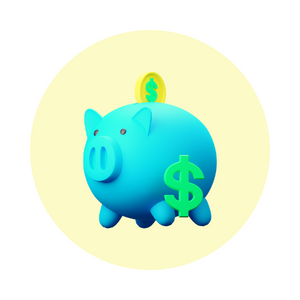 Money
Money





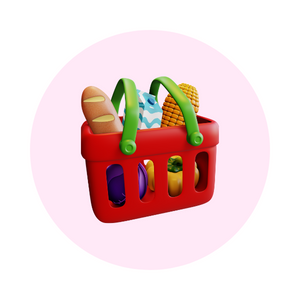 FOOD
FOOD
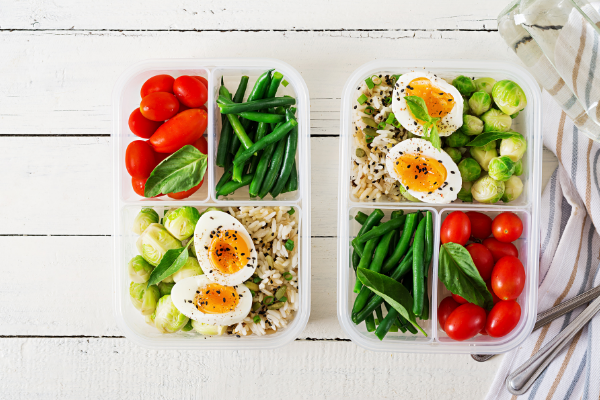




 FAMILY LIFE
FAMILY LIFE




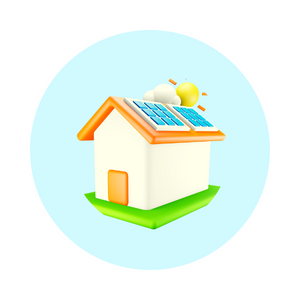 HOME & GARDEN
HOME & GARDEN




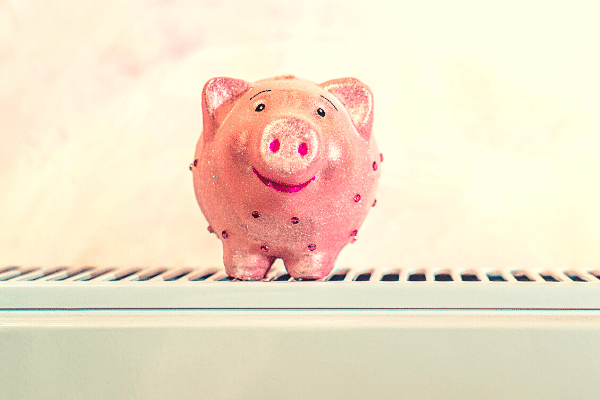


 ORGANISE
ORGANISE

 EVENTS
EVENTS





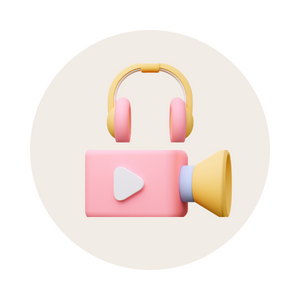 LIFESTYLE
LIFESTYLE

